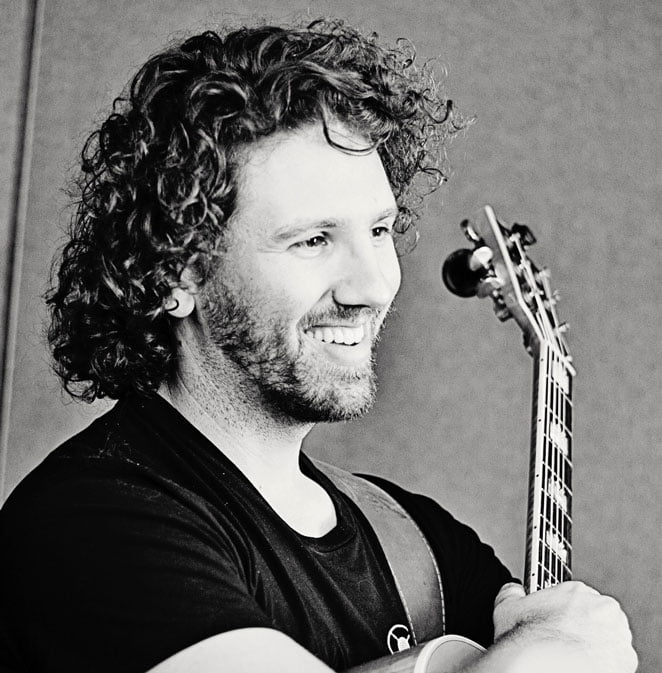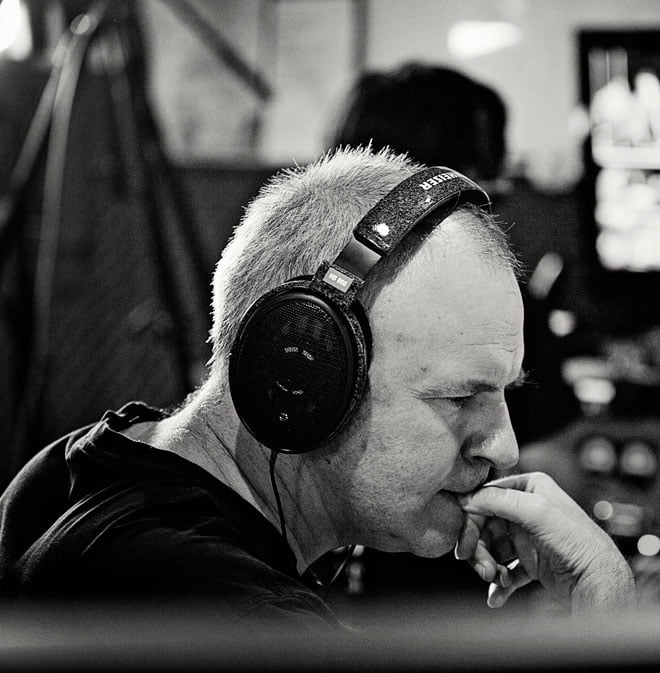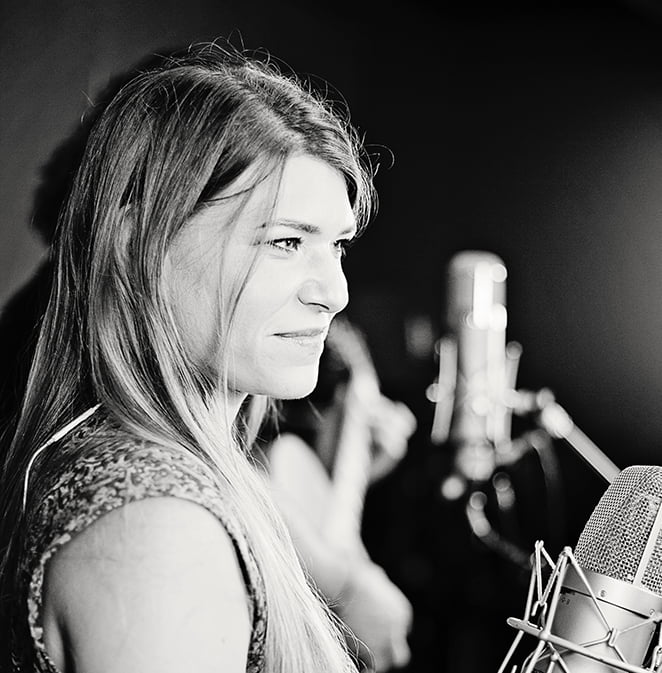Crash Symphony Music Publishing
Looking for the ultimate recording quality for your vocal? Contact us today!
Music Publishing
Over many years great artists have come through our recording studio. Sometimes having a great record just isn’t enough. To ensure our artists get the right industry exposure and access to income and royalties we occasionally sign exceptional artists to our music publishing. For the artists who have spent a lot of time and effort making their record sound world-class we have a gateway to monetising their music.
Amazing Team
Very helpful and knowledgeable..good team
Expert Sound Engineers
Working with us means working with the best sound engineers in Sydney
The art of being an excellent sound engineer is not as prominent now that video has become the focus of our world. However, a top quality sound engineer can augment the quality of a production dramatically. When we record a vocal for music or a voice over for an ad we have the ability to enhance every aspect of that recording. The modern tools available to the twenty-first century sound engineer are truly remarkable. Staying on top of the rapid progress is very much a full time job. Let's take a quick look at what work is involved in producing an excellent vocal recording for a typical voice over job.
Our sound engineer will setup the session prior to the talent arriving. In the most extreme cases, often film ADR sessions, the project and microphones will need to be prepared first. Our clients, from film productions companies, are often located in another country like the USA, the UK, or somewhere in Europe. They will send the sound engineer the program material. This will be the video files with SMPTE timecode, the cue sheet, and all specifications required by our sound engineer to capture a similar sound to what was recorded on set.
Once these program elements are received our sound engineer in Sydney will go into Pro Tools and mark out all the cue points on the timeline of the film. Each entry point will have ADR beeps that will help the talent execute their lines in Synch with the film. In ADR the talent's job will be to lip synch in time with their delivery on set. By setting up the project prior to the talent arriving our sound engineer ensures that the session flows smoothly for the talent.
Often these "remote sessions" (where the directors and producers are overseas) are facilitated by software that helps us communicate with the overseas studios. Programs like Zoom and Source-Connect allow sound engineers in both locations to be actively involved in the session. The sound engineer overseas can literally press the recording button in one country and our software will obey the command here in Sydney. The directors and producers can watch the video content on their screen whilst listening to the audio being recorded by our sound engineers in Sydney. It's real-time. It's the modern way. It's remarkable!
In this example, an ADR recording session, the sound engineer would also need to setup two microphones. One would be a lapel mic, similar to what might have been used on set, and the other a shotgun microphone. These two microphones are setup by our sound engineer in Sydney in front of a screen. This is to allow the talent to clearly view the film as they are performing. An iPad is also positioned in close proximity to the microphones. This will have all the cue points and lines that the talent will be reading during the ADR recording session.
During the session the sound engineer will be facilitating the smooth capture of cue lines. They make sure that all the takes of each line are saved for future recall and re-listening, and can even cut recorded takes together to create a composite "best take".
Once the ADR session is complete the post-production work on the re-recorded lines begins. The amount of work that goes into the audio post-production is beyond the scope of this example. However, we can give a few examples of the kind of technology our sound engineer might decide to use on the recorded cue lines. There is software to reduce lip and mouth noises. Harsh sibilant frequency can be curtailed. The synch of the spoken lines can be further tightened by intelligent algorithms that look at the original "on set" spoken audio and literally stretch, cut, and compress lines recorded in our Sydney recording studio and make them even tighter. The list of tasks, options, and enhancements that our sound engineer can apply to a voice recording is enormous.

James Englund
Founder

Stewart Havill
Engineer/Producer

Borbala (Bobo)
Session singer and Admin
Music Publishing
This could be on TV, film, or via radio airplay. There are no guarantees in the music industry but you’re certainly in the game when you have a publishing company who is working your music on your behalf. Let’s explore music publishing a bit further.
Music Publishing
Music publishing is still one of the real ways that artists can make good money from their recordings. As you may know, selling music has become increasingly difficult in the twenty first century. This is mostly due to piracy and music streaming. Consumers have become resistant to purchasing music when they can get it for free on the internet. However, one thing has not changed too much. Music Publishing. So what does this actually mean?
Put simply, if an individual or company wants to use your music for commercial purposes then they music pay for it. For example, let’s say Coca Cola want to use a song that you have created and recorded on one of their ads to sell their drink. Coke must pay a licensing fee to the owner of that piece of music. But it gets a bit complicated. The music is that is used is view, legally, in two ways: mechanical and copyright. What’s that?
Mechanical Vs Copyright Publishing
The mechanical component of a recording refers to the actual recording. As we all know a song can be recorded by many different artists and there are often different versions of songs. The actual recording is entitled to receive money if it is used by a big company like Coke because someone, like you, spent a lot of time and money recording to make it sound great. But what if you didn’t write the song?
This is very common. It just so happens that the person who actually wrote the tune is entitled to their cut, also. This is called the copyright. Sometimes the writer is also the person who recorded the song. Other times the song was written by five different people and then recorded by a completely different artist. Either way, the sum of money that is received in the deal with the big brand company music be divided up into the pre agreed parts and distributed to those who have mechanical and copyright ownership of the work. So what does the music publisher do?
The Music Publisher
Music is hard to find if it sits on someones shelf or is hidden in the depths of cyberspace. This is the first job for the music publishing. They need to work hard to make sure people are hearing the music. But it has to be the right people. There’s no point in showing someone who will just say it sounds great and that’s that! It needs to be present to the companies like advertising agencies, film companies and large brands that will use the music for commercial purposes. To sell or enhance their product. Music Publishers are experts at getting the music in front of the right people and they have the connection and networks to do so. But wait, there’s more! What happens when someone wants the music?
Music Publishing and Negotiation
Landing the opportunity to have your music played on an ad or a film is the first big step. Once that step is made things get complicated. There’s legal negotiations and correct distribution of licensing fees. All this administration work and negotiation is the responsibility of the music publisher. This is a big part of where they earn their portion. “Portion?!!!!”, you say. That’s right. As a result of landing the deal and organising the administrative, accounting and legal details they earn a cut of the total money earned. This is always a pre-agreed percentage and it is negotiated at the time that a contract is created between the artist and the publisher.
Music Publishing Streams
The above example is just one of many forms of music publishing streams. If your song gets on radio, is used in a restaurant, or is played in a public place you are entitled to be paid. If the song is used in a corporate training video or a business explainer video you are entitled to be paid. Maybe your song is recorded by another artist then you are also entitled to be paid. There are many different ways that an artist can earn money from music publishing. Sometimes each area is only a small amount but it all can add up to a living. That’s the dream, right? To make a living from the music that you create and record.

